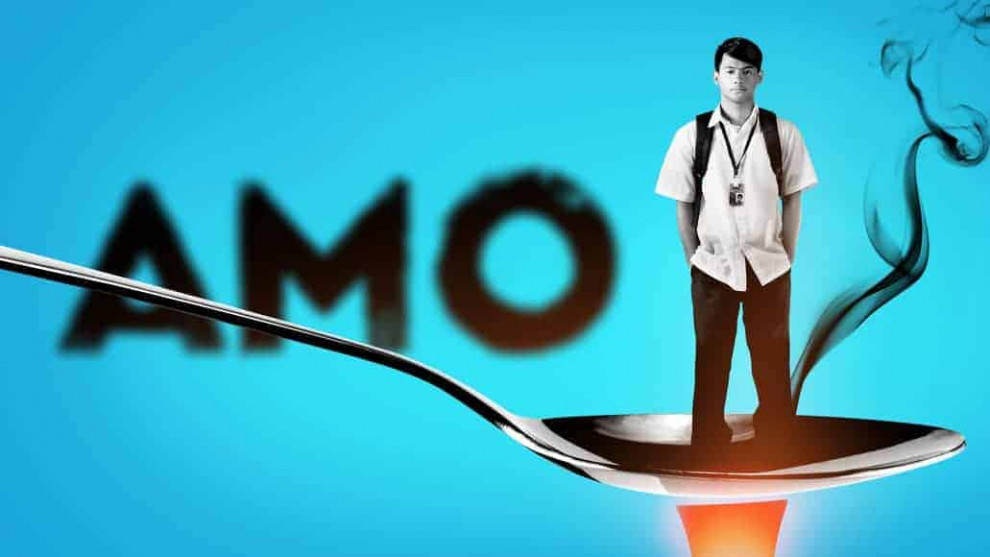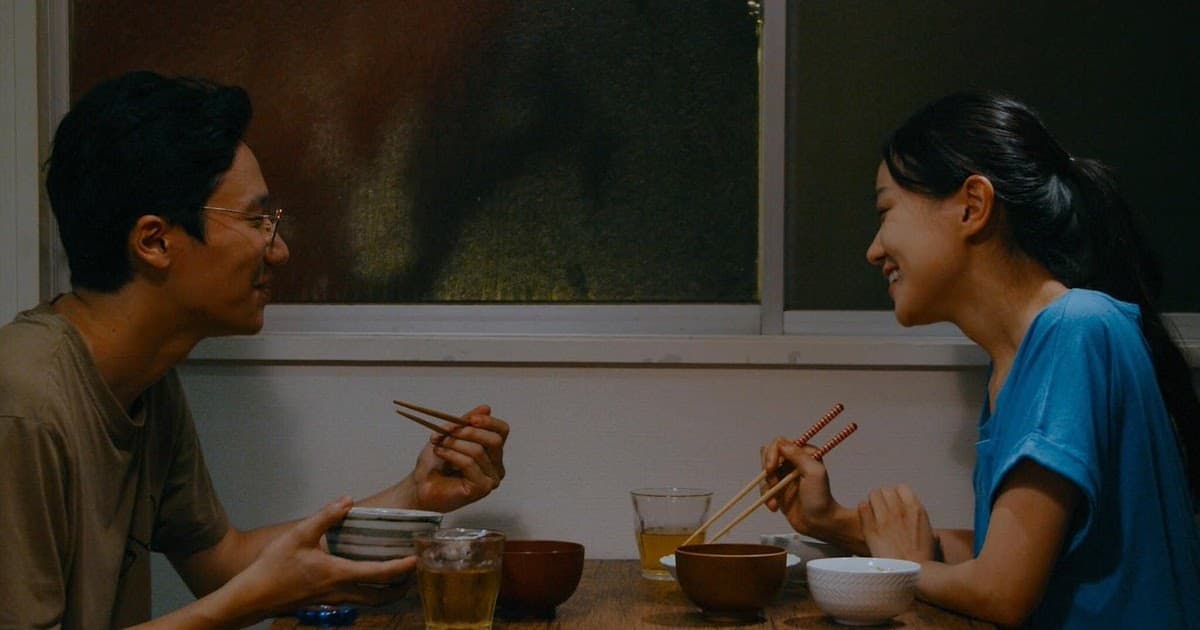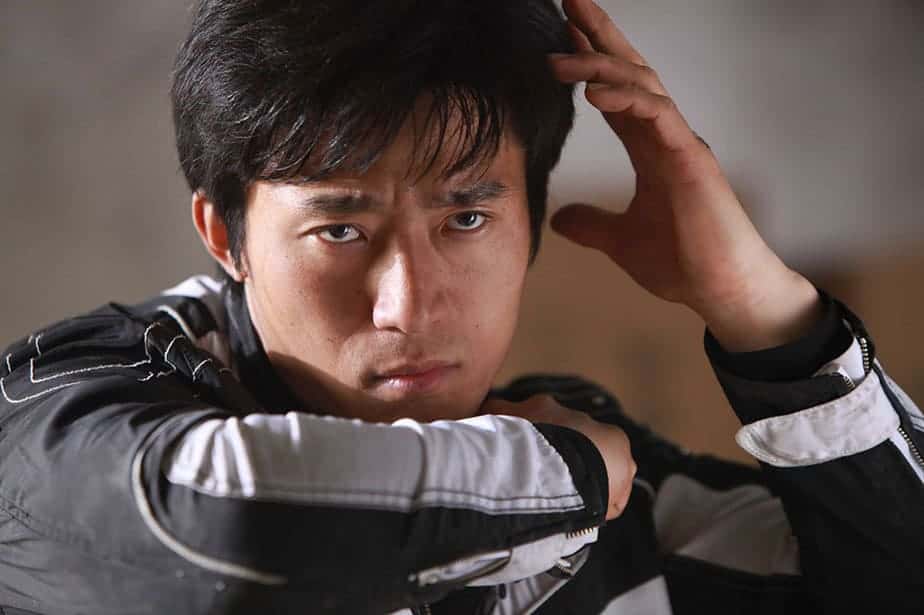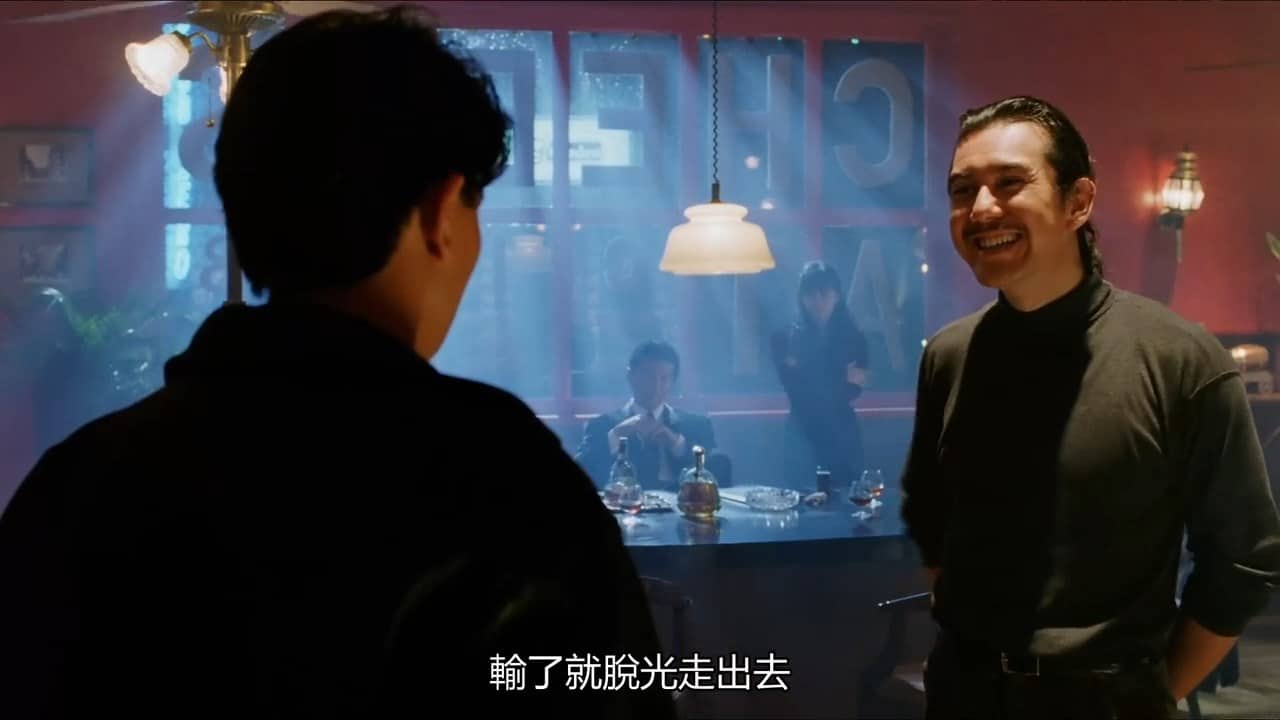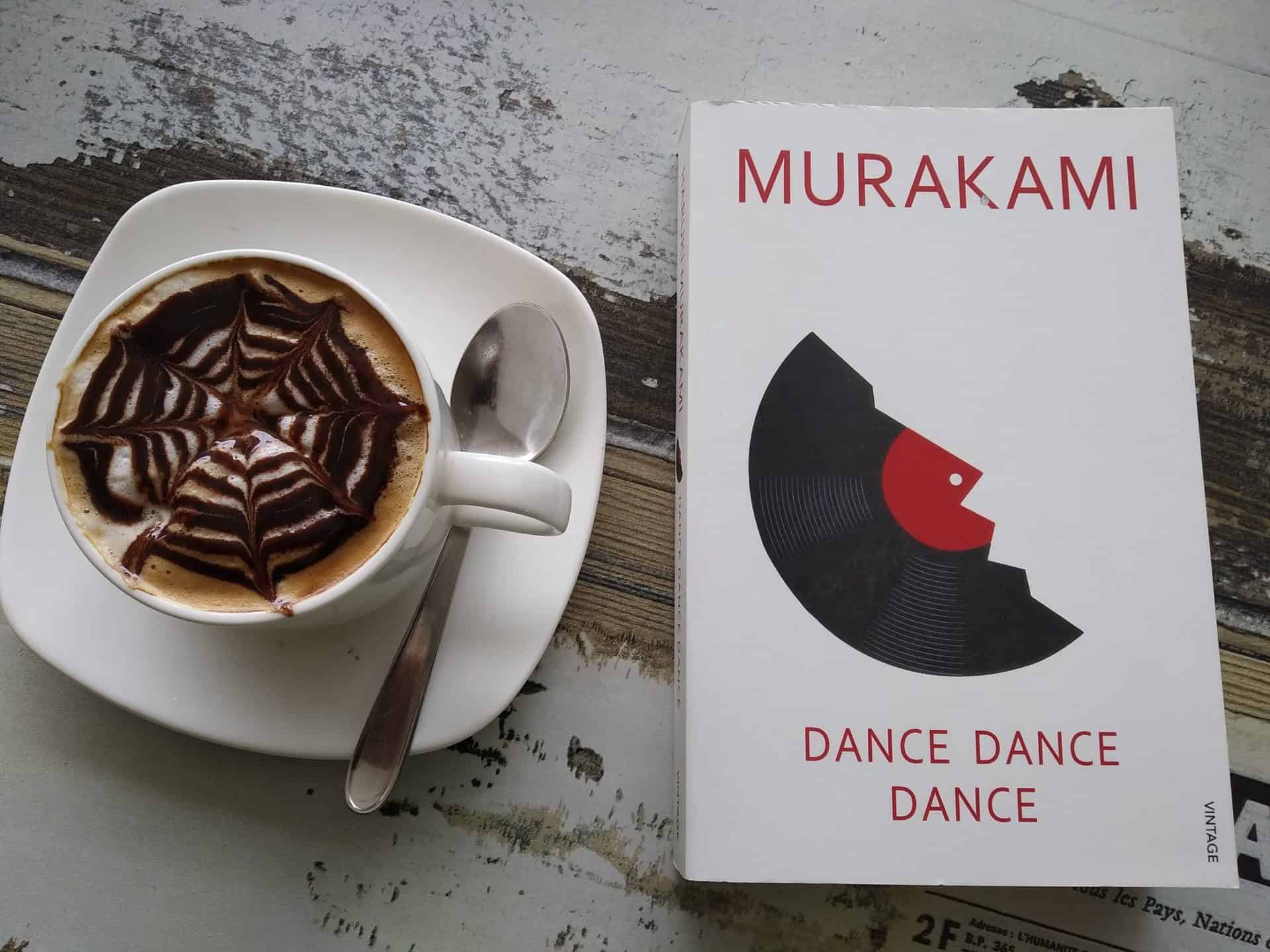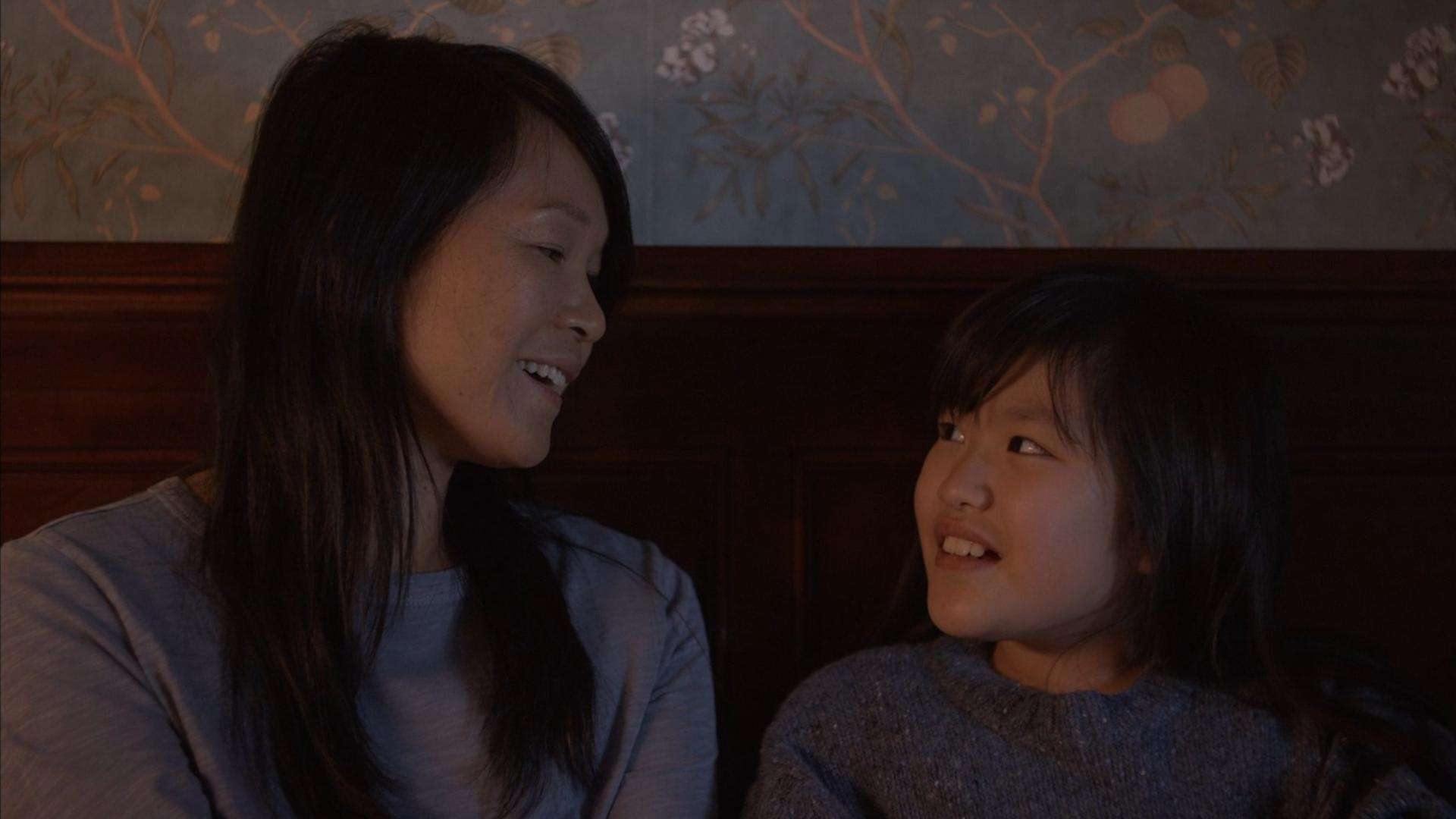Brillante Mendoza has come under much scrutiny during the last few years, due to his closeness to President Duterte. “Amo”, a series that focuses on the government's crackdown on narcotics that has cost the lives of thousands since 2016, did not do much to help the veteran director. Calls for the cancellation of the first Philippine series to stream on Netflix have become more intense with time, while a mother, whose son was killed by unknown assailants after he was accused of peddling drugs, recently started a Change.org petition for the same purpose. Let us see, however, what is hidden beneath all this controversy.
The series follows a number of the members of an extended family, with the person of focus changing every few episodes. In that fashion, the story begins with Joseph, a high school student who lives partially with his mother and handicapped father and partially with his sister and brother-in-law, Bino. Joseph is a drug runner, who always comes up with various tricks to avoid the plethora of police checkpoints that he meets in his various routes. However, when he finds his name on a list about potential drug users, he is barely saved (after a bit of a beating) by his uncle, Camilo, a police officer, who is soon, however, revealed to be quite corrupted. Bino also deals in drugs, although in a much higher level than Joseph and the gang of youths he belongs to, having connections with a local politician, who is also involved in the smuggling. After a member of Bino's ring is arrested, he gives his job to Joseph, who soon finds himself filled with money, spending time with girls in a nightclub while also selling pills.
The focus later changes to Camilo, who is involved in the kidnapping of a Japanese entrepreneur, along with a number of colleagues and higher-ups in the police department. One of them is Rodrigo, who becomes the next point-of-focus, through his rather corrupted ways.
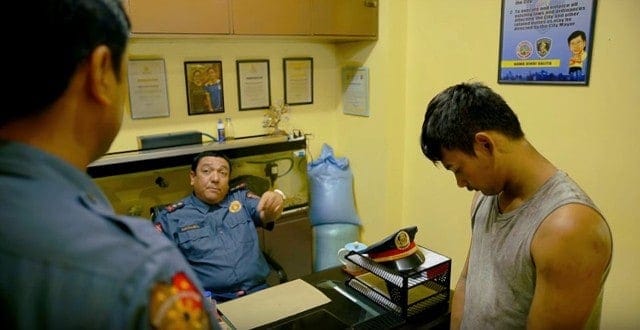
Brillante Mendoza directs a series that highlights the corruption of the system in all its glory, starting from the bottom, and moving upwards with each protagonist's change. In that regard, the story may not accuse Duterte directly, but the critique of the system is so severe, that in essence, it does, although indirectly. Evidently, I have not experienced the brutality of the War on Drugs first hand, but the events that take place on the series are so harsh, that I am not sure what more Mendoza could have shown.
In that regard, through Joseph, “Amo” highlights the teenage gangs and the way they deal in drugs but are also not reluctant at all to kill, particularly when a member crosses the group. At the same time, and through Joseph's life story, Mendoza highlights the social reasons that lead youths in such endeavors, since they live a life of poverty without any hope for something better. The same applies to Bino, to a point, whose arc also highlights the corruption of local politicians, and the way they cooperate with the police, in order to move a number of illegal trades forward. In general, the police, both its leadership and the “foot soldiers” are the main recipients of the accusations Mendoza presents, through both their practices and their hypocrisy when addressing the press or common people. Camilo, Rodrigo and their higher ups highlight these aspects in the harshest way, particularly through the way they work the system. Both of them draw some measure of sympathy, the first for taking care of his nephew and the second for taking care of his wife and children, but the way they act in the case of the kidnapping of the Japanese is so despicable, that strips them from any kind of likeability.
The whole depiction of the concepts and the situation is quite realistic, although Mendoza has included various events in order to induce the series with more action pieces, which work, however, quite well for the narrative, both the ones involving guns and shootings, and the ones involving running and escaping. With the focus being on realism, these scenes are brutal and dramatic, and there is nothing heroic about them.
Odyssey Flores's cinematography also focuses on realism, with his extensive use of handheld cameras giving an almost documentary-essence to the series, while Diego Marx Robles's editing induces it with a rather fast pace, as his abrupt cuts and constant change of point of focus share many similarities with Guy Richie's style of shooting. The recurring appearance of a Filipino hip hop group performing in the series also works quite well, since the style of music fits the narrative perfectly.
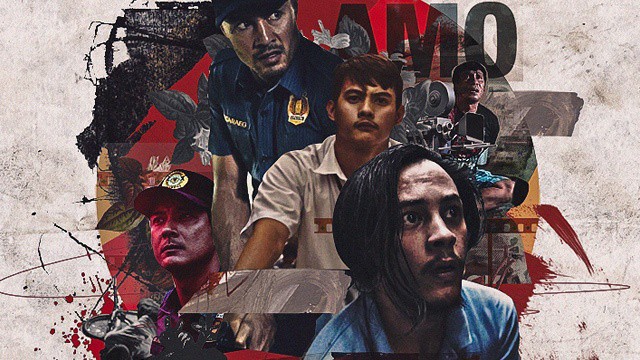
For the most part, the protagonists of “Amo” play their roles with a certain detachment that does not always work. On the other hand, the few moments they truly react or erupt are made much more impactful by this approach. Allen Dizon as Camilo and Derek Ramsey as Rodrigo embody this aspect the most, although the former highlights his ability to portray a number of other emotions, including agony, despair and rage, even while retaining a facade of coolness. Felix Roco's handsomeness works quite well for his story arc, although his part is quite laconic and does not allow for much acting. Vince Rillon as Joseph is the main protagonist and does a good job, particularly in the scenes that involve some kind of action. On the other hand, he needs to work a bit more on his facial expressions, since his reactions were almost identical despite the different situations his character experienced.
“Amo” is a very intriguing productions that retains interest for the whole of its 13 episodes, even though the events go a bit too far, after some point. The comments, characters, action, and overall direction however, are top-notch and fans of realistic, action series will not be disappointed.


